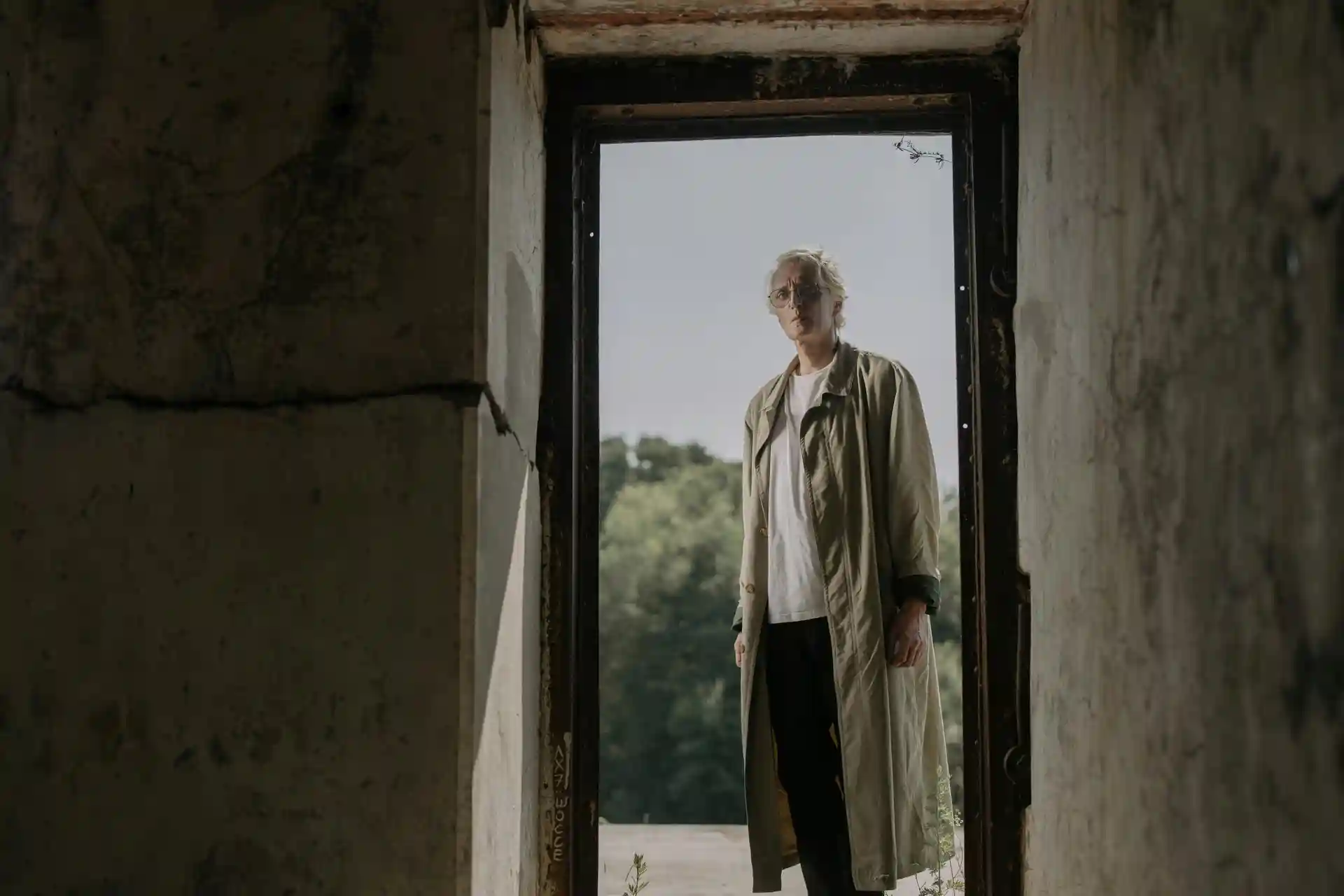The Philadelphia Phillies, one of Major League Baseball’s most storied franchises, have cultivated a rich history of thrilling games and unforgettable moments. Founded in 1883, the Phillies stand as one of the oldest teams in professional baseball, boasting a legacy that intertwines heartbreak, resilience, and triumph. From the struggles of their early years to the glory of multiple World Series appearances, Phillies games have etched themselves into the annals of baseball history. This article delves into the evolution of Phillies games, highlighting key moments, legendary players, and the unwavering support of their fans.

Early Struggles and Founding Years
The Phillies began their journey as the Philadelphia Quakers in 1883, joining the National League as an expansion team. The team struggled in its infancy, frequently finishing at the bottom of the league standings. Despite their lackluster performance, these formative years laid the groundwork for a team that would later achieve greatness. By 1890, the team officially adopted the name “Phillies,” a moniker that has endured for over a century.
During this period, baseball games were a far cry from the spectacles we see today. With rudimentary equipment, limited fanfare, and modest stadiums, the early Phillies games were more about grit than glamour. Yet, even in those challenging times, the team began to build a loyal fanbase drawn to the burgeoning sport of baseball.
The Rise of the Phillies in the Early 20th Century
The early 1900s saw the Phillies begin to establish themselves as a competitive force. Led by standout players like Ed Delahanty, one of the era’s premier hitters, the team achieved its first major success by clinching the National League pennant in 1915. This achievement marked the Phillies’ inaugural appearance in the World Series, where they faced the Boston Red Sox. Although the Phillies ultimately lost the series, the experience showcased their potential and fueled their ambitions.
Shibe Park, later renamed Connie Mack Stadium, became the Phillies’ home in 1938, providing a more modern venue for their games. This era saw the team grapple with inconsistent performance but also witnessed the emergence of notable talents like Chuck Klein, who won the National League MVP Award in 1932. Despite these bright spots, Phillies games were often marked by struggles, as the team endured a prolonged period of mediocrity.
The Whiz Kids and the 1950 World Series
One of the most iconic chapters in Phillies history unfolded in 1950, when a youthful roster affectionately dubbed the “Whiz Kids” captured the hearts of Philadelphia fans.Richie Ashburn, Robin Roberts, and Del Ennis led the team to the World Series and the National League pennant. Notwithstanding their four-game sweep loss to the New York Yankees, the Whiz Kids’ remarkable performance made a lasting impression on the team.
At this time, Phillies games were marked by energy and hope. The Phillies’ position in the city’s sports culture was cemented and the fan base was galvanized by the team’s success. Devoted supporters still treasure the memories of the Whiz Kids period in spite of the World Series defeat.

The Long Road to Redemption: 1960s and 1970s
The Phillies faced notable challenges in the decennary that followed, undergo some of the darkest years in franchisethe past . During the 1960s, the team hurt from weak performance and dwindling attendance. However, the late 1960s and early 1970s heralded a back point, as the firm began to invest in young flair and rebuild its roster.
By the mid-1970s, Phillies games were took as a byword for postseason hopes and ruthless play. As players like Greg Luzinski, Steve Carlton, and Mike Schmidt combine , the squad became a serious challenger . Carlton’s strong pitching garnered him three Cy Young Awards, while Schmidt, who is considered to be among the best third basemen in baseball history, added power and consistency to the offense. Their contributions reignited Phillies fans’ passion and reinvigorated the franchise.
The 1980 World Series Triumph
The Phillies’ first World Series victory in 1980 was the apex of the team’s history. The Phillies won an exciting six-game series against the Kansas City Royals, led by manager Dallas Green. Crucial efforts came from Tug McGraw, whose famous “Tugger’s Leap” following the final out became a symbol of the team’s victory, Schmidt, and Carlton.
The 1980 title gave the Phillies’ fan base a reprieve after decades of disappointment and cemented their place among baseball’s best teams. A combination of talent, tenacity, and an unshakable tie between the team and its fans characterized Phillies games during this time.
.
The Rollercoaster of the 1990s and Early 2000s
Following their World Series triumph, the Phillies experienced a mix of peak and reduced in the resulting decennary. The early 1990s brought one more magical run, as the “Macho Row” Phillies, led by players like Darren Daulton, Lenny Dykstra, and Curt Schilling, modernized to the 1993 World Series. Even if they fell to the Toronto Blue Jays in six games, the series was marked by dramatic moments,joining Joe Carter’s walk-off home run that ended Game 6.
The back of the century saw the Phillies go into Citizens Bank Park in 2004, a state-of-the-art stadium that enhanced the fan experience and presuming an advance home for Phillies games. The franchise’s devotion to rebuilding bore fruit in the late 2000s, climax in a golden era of success.
The Golden Era: 2007–2011
The Phillies enjoyed unique success from 2007 to 2011, a period frequently mentioned as the “Golden Era.” The team won five successive National League East titles and made two World Series Look . In 2008, they captured their second championship, beat the Tampa Bay Rays in five games. Players like Ryan Howard, Chase Utley, Jimmy Rollins, and Cole Hamels became house names, delivering compatible excellence on the field.
Phillies games during this time were must-watch events, drawing record attendance and electrifying fans. The 2008 championship parade remains a highlight in Philadelphia sports history, celebrating a team that brought joy and pride to the city.
Recent Years and the Future
The Phillies have struggled to keep their competitive edge in the years following their heyday. To get back into the running, the organization has concentrated on rebuilding, nurturing young players, and making calculated additions. The franchise’s dedication to excellence is demonstrated by players like Bryce Harper, who was signed in 2019 and has given fans new optimism.
Fans are still enthralled by Phillies games because they combine the promise of the future with the customs of the past. The Phillies continue to play a vital role in Major League Baseball thanks to their devoted fan base and legendary history.
The Unwavering Support of Phillies Fans
Fans of the Phillies have consistently provided inspiration and encouragement despite the ups and downs. The fervent and committed Phillies supporters fill Citizens Bank Park, creating a thrilling environment that inspires players and intimidates rivals. The team’s strong ties to Philadelphia are evident in their unwavering commitment.
Conclusion
Phillies games are more than just baseball games; they demonstrate the enduring spirit of a team and its fans. From the early trials to the triumphs of championship seasons, the Phillies’ story is a microcosm of perseverance and devotion. As the team writes new chapters, one thing is certain: Phillies games will always have a special place in the hearts of baseball fans.

